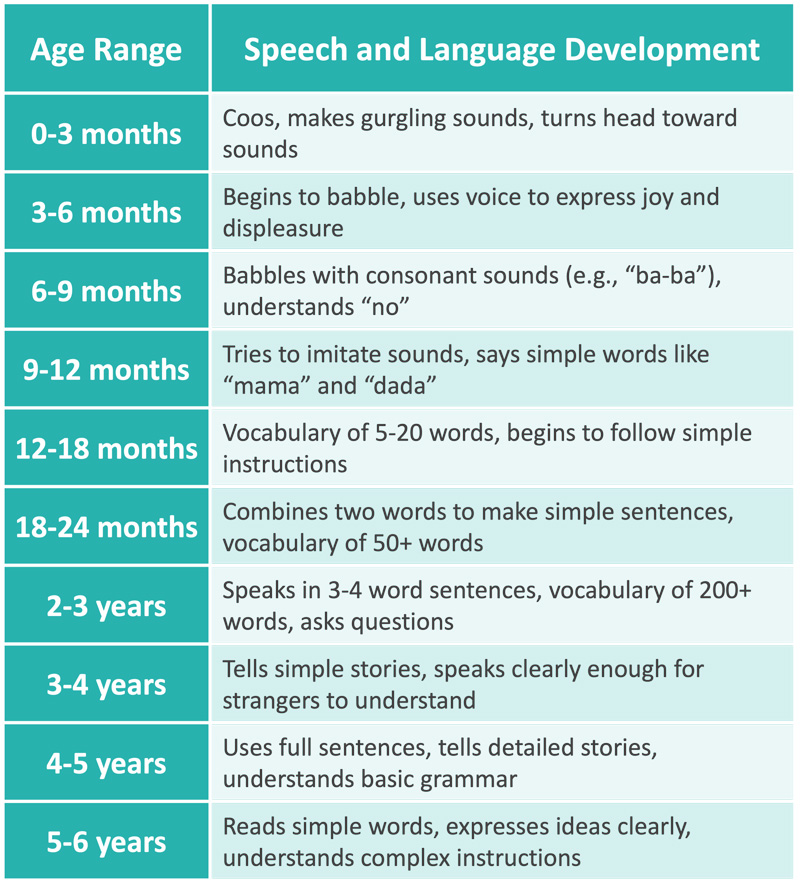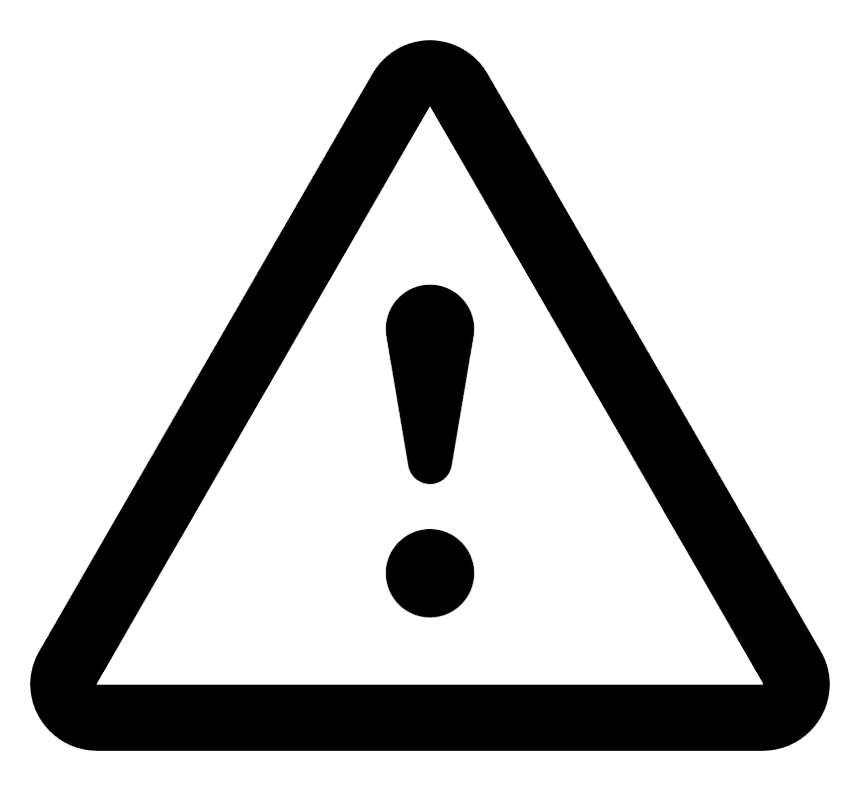Neurodevelopmental Disorders
Neurodevelopmental disorders encompass a broad range of conditions that arise during the developmental phase of an individual’s life, often manifesting in infancy or early childhood. These disorders can significantly impact an individual’s cognitive, social, and physical capabilities. The forthcoming chapter provides an in-depth exploration of various neurodevelopmental disorders, aiming to equip psychology residents with the knowledge required for the In-service exam and ABPN Psychiatry Boards exam.
We begin by delving into language disorders and then discuss types of intellectual disability. Thereafter, various tic disorders are discussed in detail. Lastly, the chapter concludes with a comprehensive overview of genetic diseases with psychiatric manifestations, including trisomies, microdeletions, trinucleotide repeat disorders, imprinting disorders, and X-linked disorders.
By the end of this chapter, readers will have a robust understanding of the various neurodevelopmental disorders, their diagnostic criteria, and the latest treatment modalities.
Language disorder
- Characterized by difficulties in the acquisition and use of language due to deficits in comprehension or production early in childhood development.
- Symptoms include a limited vocabulary, limited sentence structure, errors in tense, or difficulties in producing sentences.
- All children with these deficits should be screened for hearing or other sensory impairments.
- Often associated with other developmental disorders, ADHD, and autism spectrum disorder (ASD).
- Those with a global developmental delay or intellectual disability can’t be given this additional diagnosis.
- Treatment: Speech and language therapy
Speech sound disorder
- Presents with difficulty with articulating certain sounds appropriately without any identifiable development delay.
- Symptoms must be severe enough to interfere with social participation and/or scholastic performance
- Symptoms must not be from a secondary cause (i.e. cleft palate, deafness, traumatic brain injury, or genetic disorders).
Log in to view the remaining 60-90% of page content!
New here? Choose an account!
1 Month Plan
Full Access Subscription-
Access to all chapters
-
Access to all images and cases
-
Access to all flashcards
-
Access to Full Question Bank
3 Month Plan
Full Access Subscription-
Access to all chapters
-
Access to all images and cases
-
Access to all flashcards
-
Access to Full Question Bank
1 Year Plan
Full Access Subscription-
Access to all chapters
-
Access to all images and cases
-
Access to all flashcards
-
Access to Full Question Bank


